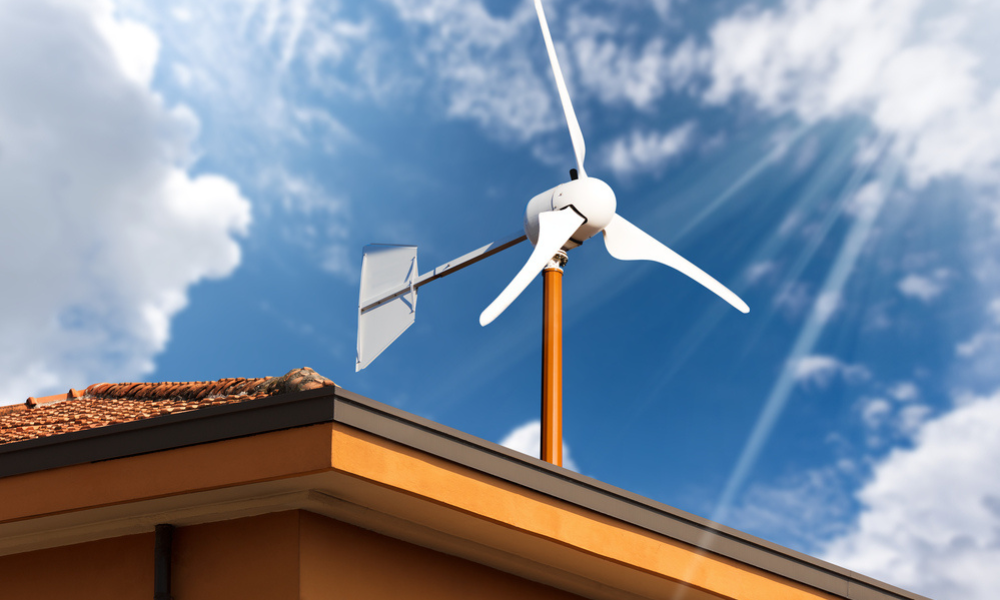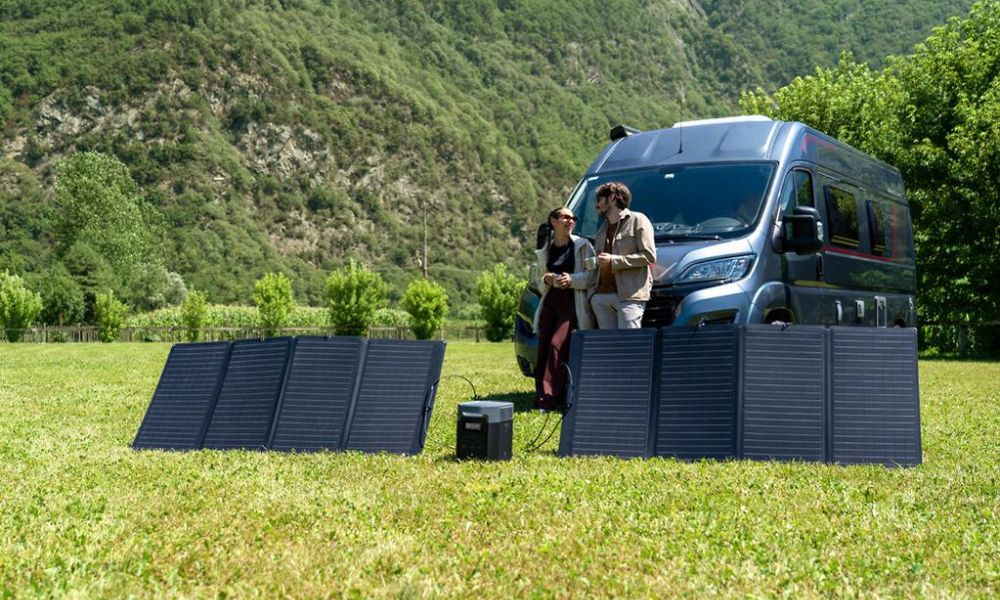There are so many good, wholesome reasons why you should grow your own food if you have space in your yard.
When we shop at supermarkets, we can easily slip into a pattern of buying pre-packaged, processed foods. Picking your own freshly grown fruit and vegetables will not only give you an enormous sense of self-satisfaction, but it will also help deliver all of the nutrients and health benefits your family needs.
The benefits of growing your own vegies
Getting out in the sunshine and being active is a great way to get some fresh air and physical activity. You will be surprised at the benefits you get from just a few hours of gardening a week, including cardiac and immune system health. There is also the vitamin D you will get from the sun, but remember to slip, slop, slap.
Growing your food is also fantastic for the environment as there will be less waste (you can use unwanted vegies to create mulch), and less landfill that will generate methane. You are helping reduce the impacts of the supply chain, which means fewer trucks hauling veggies long-distance and fewer emissions.
Finally, you are going to save a lot of money. In these challenging times, this is a great way to bring the family together, have fresh food on the table at all times and help keep your money in your pocket. So how do you get started?
Start small
It is essential to learn to walk before you run, so don’t try and turn your whole yard into a makeshift farm on your first attempt. Start with simple containers so you can experiment and learn the impacts of different soils, fertilisers and conditions to get the best results from your crops.
Start a worm farm
Before you plant anything, you need to ensure that the soil is going to be suitable. The easiest way to do this is to get plenty of worms working the earth for you.
Recycle pallets
When you are ready to create dedicated gardens, raised options will mean better water retention, less weeding, warmer soil and better overall conditions for gardening.
You don’t need to spend a lot of money creating these – recycled pallets from Bunnings will do the trick. Line the area where you want your raised garden with newspaper or cardboard, install your planks and then seal it all with weed matting (carpet or thick mulch will do the job). Fill with your worm-treated soil, and you are ready to go.
Follow user-friendly guides
There are many resources out there that can help you get on your way. Energy Matters stocks Vegetable Gardener’s Guide to Permaculture: Creating an Edible Ecosystem and Self Sufficiency for the 21st Century, which provide plenty of tips and tricks to get you on your way. These books have been designed to be easy to read so the whole family can be involved by helping to put fresh food on your table and bring your garden to life.
Get a quick solar quote, or contact us today toll-free on 1800 EMATTERS or email our friendly team for expert, obligation-free advice.

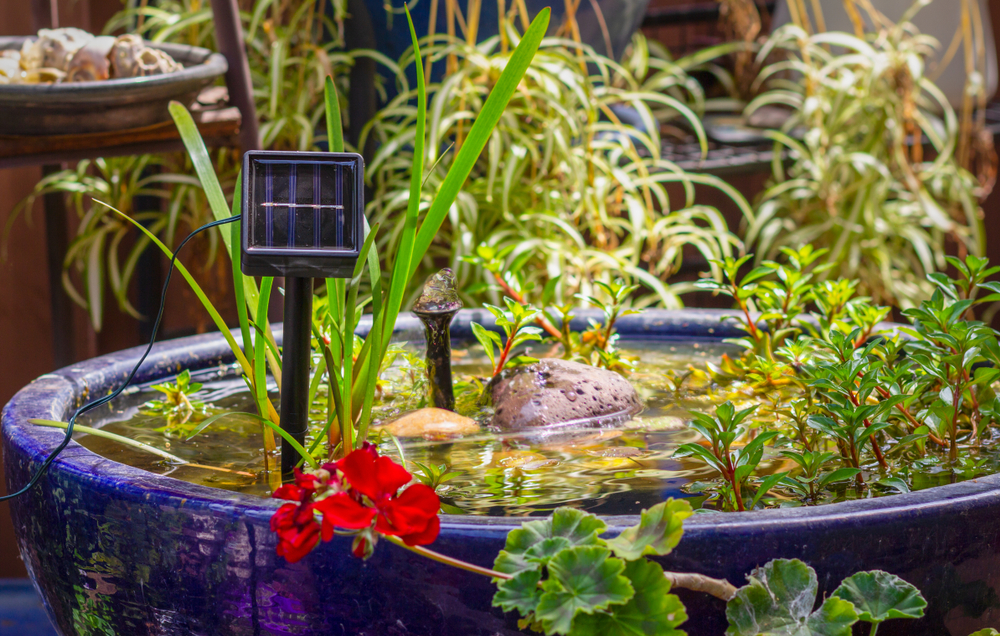
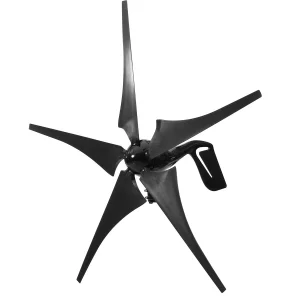 Retail
Retail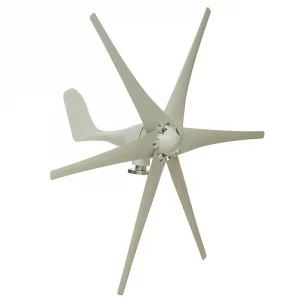 Retail
Retail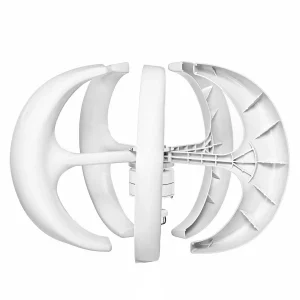 Retail
Retail